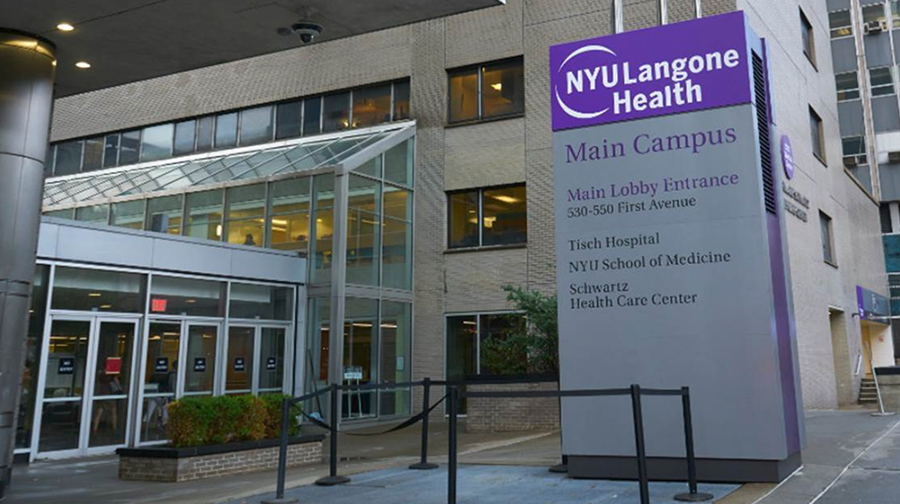In a new study published in the journal Nature Medicine, scientists at the NYU School of Medicine trained a Google deep learning algorithm called Inception v3 to distinguish between two of the most common types of lung cancers, adenocarcinoma and squamous cell carcinoma, with 97% accuracy.
Additionally, the study’s AI analyzed images to determine whether abnormal versions of six genes linked to lung cancer – including EGFR, KRAS and TP53 – were present in cells, with an accuracy that ranged from 73 to 86 percent depending on the gene.
According to researchers, in targeted therapies that work only against cancer cells with specific mutations, it is crucial to determine which genes are changed in each tumor. For example, about 20% of patients with adenocarcinoma are known to have mutations in the gene epidermal growth factor receptor or EGFR, which can be treated with drugs currently available.
However, it may take weeks for the currently used genetic tests to confirm the presence of mutations.
Senior study author Aristotelis Tsirigos, PhD, associate professor in the Department of Pathology at NYU School of Medicine and NYU Langone Health’s Perlmutter Cancer Center said that delaying the start of cancer treatment is always bad. “Our study provides strong evidence that an AI approach will be able to instantly determine cancer subtype and mutational profile to get patients started on targeted therapies sooner, he said.

The Current Study
For their study, Tsirigos and his team started with Google’s Inception v3—an open-source algorithm that Google trained to identify 1000 different classes of objects.
To teach the algorithm to distinguish between images of cancerous and healthy tissue, the researchers showed inception hundreds of thousands of images obtained from The Cancer Genome Atlas, a database of images where cancer diagnoses had already been determined.
The study found that about half of the small percentage of tumor images misclassified by the study AI program were also misclassified by the pathologists, highlighting the difficulty in distinguishing between the two lung cancer types. On the other hand, 45 out of 54 of the images misclassified by at least one of the pathologists in the study were assigned to the correct cancer type by the machine learning program, suggesting that artificial intelligence could offer a useful second opinion.
Read more snap40 Raises $8 Million in Funding for its Healthcare Model with Artificial Intelligence
“In our study, we were excited to improve on pathologist-level accuracies, and to show that AI can discover previously unknown patterns in the visible features of cancer cells and the tissues around them,” said co-corresponding author Narges Razavian, PhD, assistant professor in the departments of Radiology and Population Health. “The synergy between data and computational power is creating unprecedented opportunities to improve both the practice and the science of medicine.”
Future Outlook
The team now plans to keep training its AI program until it can determine with more than 90% accuracy which genes are mutated in a given cancer, at which point they’ll ask for government approval to use the technology clinically.









